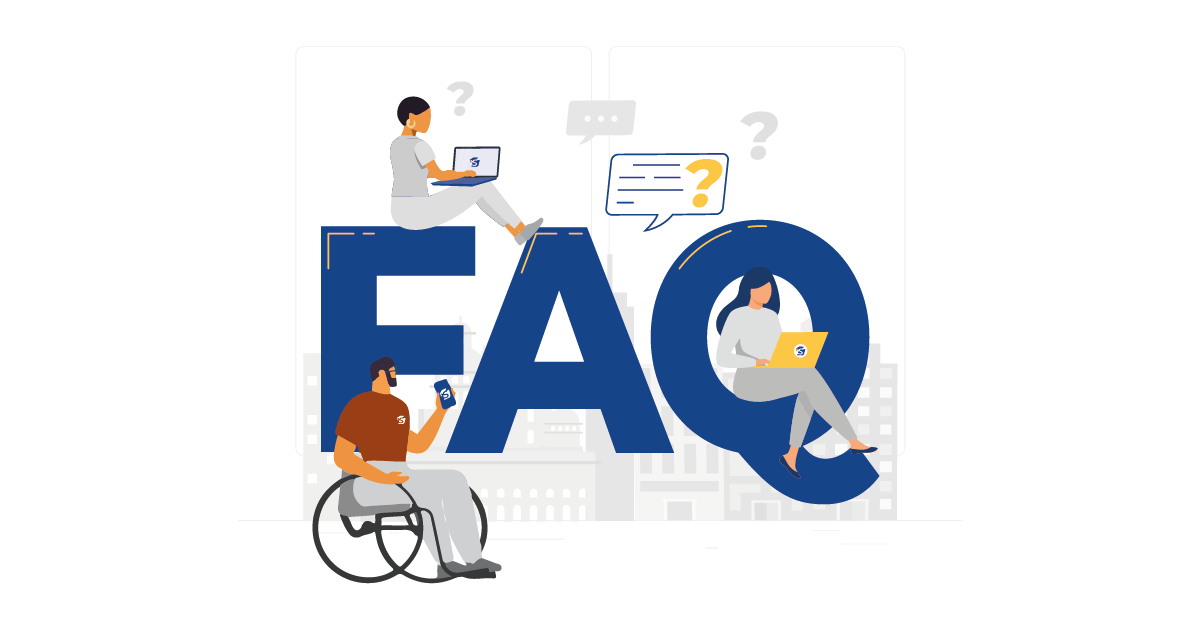
Descriptive vs Narrative Essays
The IGCSE English First Language exam places a strong emphasis on creative writing, with writing descriptive and narrative essays being

Announcement: Cambridge IGCSE, O Level and AS & A Level June 2025 past papers are now available.
What is the required number of subjects?
College/university entry requirements are usually based on required subjects taken, not the amount of subjects taken. We strongly suggest you check with the university you wish to apply to as each university and its programs has their own set of entry requirements.
What are compulsory subjects?
There are no compulsory subjects in O-level or IGCSE, however there are core subjects that you must fulfil to qualify for college/university. Please choose your subjects depending on what you want to study in college/university. We suggest that you get confirmation from your preferred college/university for their subject entry requirements in accordance with the course that you would like to study.
Should I take IGCSE in Grade 9 or 10?
Please only register for the exam when you are ready for that. The whole syllabus takes roughly 1-2 years to finish. So you must make good plans to follow through and cover all the subjects. You are also free to spread out your examinations. A general guideline is to take your exams within 13 months, if you were to sit for your exams in 2 different examination series.
Why do I need to take the board exams?
In order for you to obtain a formal qualification for your future study or as a proof that you have completed your secondary education. Furthermore, after IGCSE, you may proceed to A level or any equivalent courses in order to gain entrance into university.
Which is better, IGCSE or O Level?
IGCSE and O-level are of equivalent qualification. If your plan is flexible, we would suggest you to take IGCSE instead of O Level. If your future work requires an international environment, we feel IGCSE would be better for you. O Level is good as well, just the syllabus is more localised.
Can a candidate mix some subjects from O Level and IGCSE?
Yes, you may take both O Level and IGCSE subjects. But please be guided that IGCSE and O-level are different examination boards and it will all depend on what you want to study in the future. We suggest you find out the acceptance of different examination boards for different subjects from the university that you’re planning to apply to.
Also beware when you want to take both IGCSE and O Level exams in the same examination series, as you might face date clashes incidents. This happened to many of our candidates before.
Please check the exam dates before you register your subjects.
I am a private candidate. Where should I register for the exams?
As a private candidate, your local British Council is the best place to sit for your exam. Alternatively, your can try to locate any registered Cambridge schools which accept private candidates here. For Edexcel iGCSE, you may find the list of exam centres here.
When are the exam registration dates?
You may check the key registration dates here:
Cambridge exams: https://skolatis.com/exam-registration-dates/
Edexcel exams: https://skolatis.com/edexcel-international-gcse-and-advanced-level-key-dates/
Are all syllabus available for private candidates?
Some syllabuses or options are not available to private candidates. Please kindly download the subject syllabus here: https://skolatis.com/cambridge-igcse-subjects-syllabuses/ to check its availability for private candidates. It is detailed under “Availability and timetables” heading.
We strongly suggest that you also inquire directly to your local British Council for the final confirmation.
If I used 2 different signatures in Multiple Choice Question paper, will I be penalised or will my scanner sheets be rejected?
Your paper will be marked accordingly. The signature is to confirm the details in the pre-printed answer sheet if they are correct. Furthermore, your invigilator has already verified your identity when you entered the examination hall.
Next time please make sure that you sign with the same signature in all your exams.
What is the difference between A Level and AS Level?
There are different assessment options to gain Cambridge International AS & A Level qualifications:
Can I complete AS and A Level in one year?
AS and A Level normally takes 2 years to complete.
AS Level syllabuses are designed on the assumption that students have about 180 guided learning hours per subject over the duration of the course (normally one year) while the whole A Level syllabuses are designed on the assumption that students have approximately 360 guided learning hours per subject over the duration of the course (normally two years).
Can I join directly to university without going to A Level?
It depends on the university you wish to apply to. Some universities offer foundation programs which do not require A level. However, it’s best to check the entry requirements either from the university’s website or contact the university directly.
If a candidate gets good grades in AS level and gets a U in A2, can he get an overall passing grade or is it necessary to pass A2 in any case?
In the staged assessment route, you have to successfully complete both AS level and A2 exams. Take note that AS Level marks can be carried forward to a full A Level twice within a 13 month period.
My children are still relatively young. How should we go about making a selection of subject choices?
Choosing the exam subjects might be a little early at this age. We would suggest going for the compulsory subjects. You may follow the school’s primary level teaching materials. In this way, your children have ample of time to decide at a later stage.
Where can I get resources for Primary level?
You may consider getting Checkpoint books. Checkpoint books are a series of structured and comprehensive course books in English, Mathematics and Science. You can also use this to help you assess your children’s progress. You may search on Amazon UK site or from your local bookstores for appropriate reference books. We recommend that you look for publishers who published the IGCSE books.
Can kids take a year advance and move to upper grade?
For homeschooled students, they are free to move to another level whenever they are deemed to be ready. But since there are no Checkpoint tests available for private students, you have to make your own assessments to assess your child’s progress.
Do I need to formally register my children for the IGCSE programme?
You do not need to formally enrol your children in a school in order to start the IGCSE programme. You only have to register them when they are going to sit for their IGCSE exams. Exam registrations can be done either via your local British Council or any Cambridge schools which accept private candidates. For Edexcel iGCSE, you may find the list of exam centres here.
Is it required to have prior learning before taking IGCSE?
It is recommended that learners have the required basic knowledge prior to the IGCSE content. Ideally, the learners should have studied the Cambridge Lower Secondary programme or equivalent national educational framework.
Are all syllabus available for private candidates?
Some syllabuses or options are not available to private candidates. Please kindly download the subject syllabus here: https://skolatis.com/cambridge-igcse-subjects-syllabuses/ to check its availability for private candidates. It is detailed under “Availability and timetables” heading.
How to choose the correct subject code?
We suggest that you confirm with your local British Council on the available subject code in your country.
Join 61,338 (and counting) IGCSE & AS/A Level subscribers who've taken our insanely valuable FREE email courses. Learn exam tips & score A* in your exam!
Join 61,338 (and counting) IGCSE & AS/A Level subscribers who’ve taken our insanely valuable FREE email courses. Learn exam tips & score A* in your exam!
Abhishek Bathina
Abhishek Bathina
Raunaq Nambiar
Raunaq Nambiar
Jyoti
Jyoti
Soham Santra
Soham Santra
Nawal Amir
Saudi Arabia
Nawal Amir
Saudi Arabia

Holly Rossen
Holly Rossen
Aditi Sudarsan
Aditi Sudarsan
Pranav
Malawi
Pranav
Malawi
John
Vietnam
John
Vietnam
Reinard Swart
South Africa
Reinard Swart
South Africa

The IGCSE English First Language exam places a strong emphasis on creative writing, with writing descriptive and narrative essays being

In the IGCSE English First Language Directed Writing task, you’ll be required to either write a speech, letter, or article

In Chemistry, writing a balanced chemical equation is a skill that needs practice. This article will discuss all the tips

In the face of violence and uncertainty, education stands as a beacon of hope, offering students the tools to navigate
.